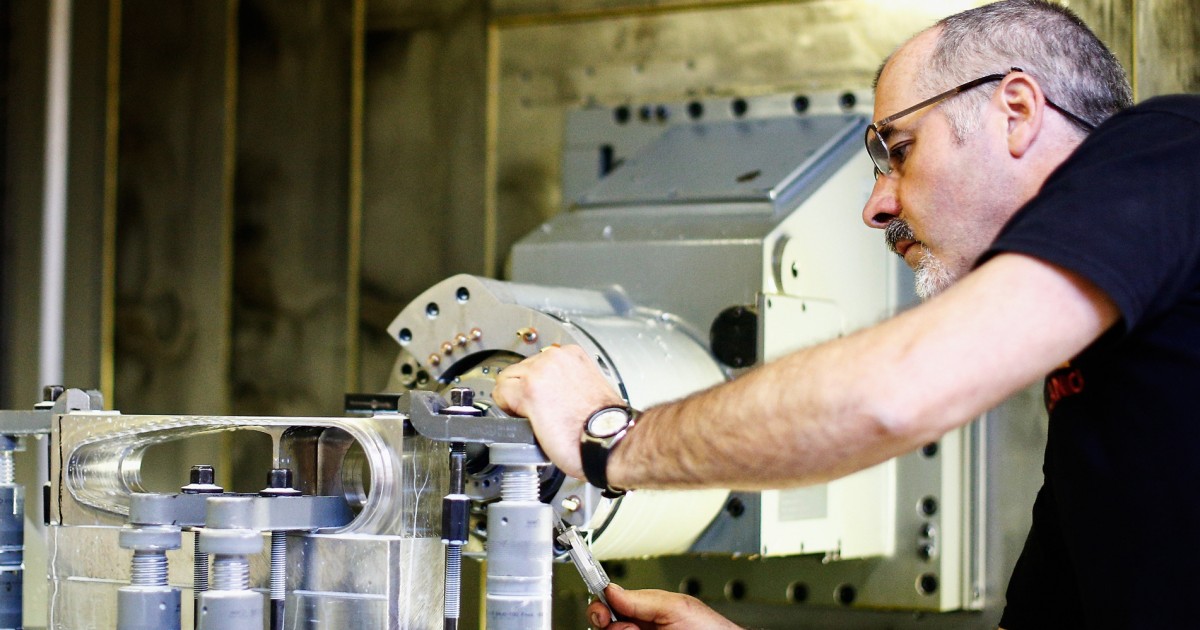
Electrochemical Propulsion
Electrochemical propulsion is a type of spacecraft propulsion that uses electrical energy to produce a propulsive force. This is achieved by converting the electrical energy into chemical energy, which is then used to expel a propellant out of the spacecraft at high speeds. Electrochemical propulsion systems are highly efficient and can provide a high specific impulse, which is a measure of the propellant efficiency. There are several types of electrochemical propulsion systems, including electrothermal, electrostatic, and electromagnetic systems. Electrochemical propulsion is commonly used in small satellites and deep space missions due to its high efficiency and low mass.
Your Previous Searches
Random Picks
- Battery: In space and astronautical engineering, a battery is a device that stores electrical energy and can be used as a power source for spacecraft and satellites. Batteries are essential for providing power during periods when solar panels are no ... Read More >>
- Milky Way Galaxy: Milky Way Galaxy is a barred spiral galaxy that is home to our Solar System. It is estimated to have a diameter of about 100,000 light-years and contains billions of stars, planets, and other celestial objects. The Milky Way is also surroun ... Read More >>
- Battery Chemistry: Battery chemistry refers to the chemical reactions and materials used in the construction of batteries. In the context of space and astronautical engineering, battery chemistry is crucial for the design and operation of spacecraft and satel ... Read More >>
Top News

A day at Uranus just got 28 seconds longer...
A day at Uranus just got a little longer...
News Source: ABC News on 2025-04-07

SpaceX's Fram2 returns from first-of-its-kind mission around Earth's poles...
The Fram2 mission, paid for and led by a cryptocurrency billionaire who is flying with three guests, has returned after a journey on a unprecedented polar orbit....
News Source: CNN on 2025-04-04

Scientists release plans for an even bigger atom smasher to address the mysterie...
GENEVA — Top minds at the world’s largest atom smasher have released a blueprint for a much bigger successor that could vastly improve research into the remaining enigmas of physics....
News Source: NBC News on 2025-04-01

Scientists release plans for even bigger atom smasher along the French-Swiss bor...
Scientists at the world’s largest atom smasher have released a blueprint for a much bigger successor that could help solve enigmas of physics, starting in the mid-2040s at a cost of about $16 billio...
News Source: ABC News on 2025-04-01

The 'Blaze Star' hasn't exploded yet, but it could soon...
T Coronae Borealis has an outburst every 79 to 80 years, according to NASA....
News Source: ABC News on 2025-03-28